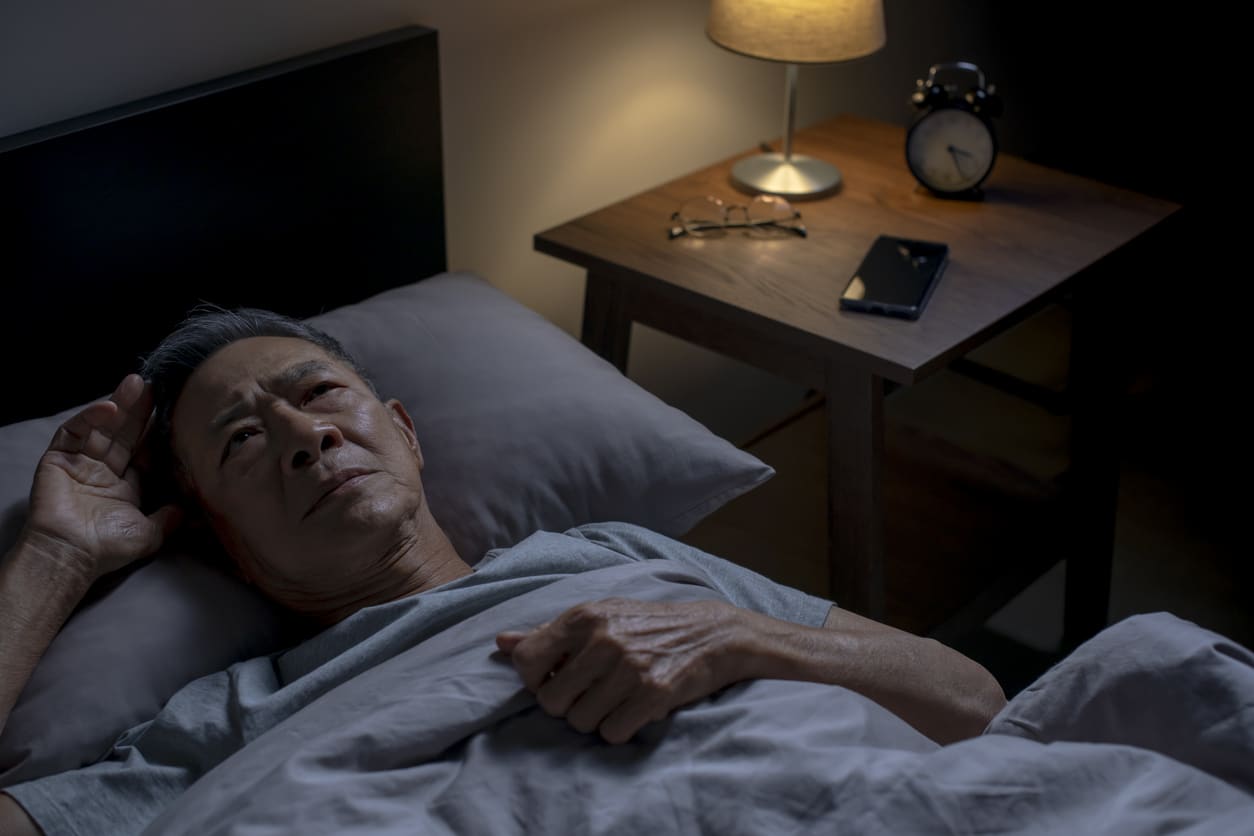Sleep is essential to your health and well-being, yet many people struggle to get their full eight hours. One often overlooked obstacle to a good night’s rest is your ENT health. Let’s take a look at the connection between ENT issues and poor sleep and give you a few tips on how to get to sleep.
What ENT Issues Affect Sleep?

Three ways ENT issues can impact your quality of sleep include:
- Sinus issues and congestion. Conditions like sinusitis and deviated septum can make it difficult for mucus to drain, leading to disrupted breathing and difficulty falling asleep.
- Snoring. Snoring, often caused by nasal congestion or sleep apnea, can disrupt sleep for both you and your partner. Sleep apnea can cause repeated interruptions in breathing, leading to poor sleep quality and frequent waking.
- Ear pain. Ear pain from infections, Eustachian tube dysfunction and other common causes can cause significant discomfort that disrupts sleep.
- Throat infections. Similar to how ear pain can keep you up, irritation from throat infections like tonsilitis or strep throat can steal sleep.
How To Improve Sleep With ENT Issues
If sinus issues, snoring, ear pain or throat infections are ruining your sleep, the best approach is to schedule an appointment with your provider. Based on your symptoms, they may recommend one or more of the following treatment options:
- Balloon sinuplasty for chronic sinusitis
- Surgery for deviated septum
- Continuous positive airway pressure (CPAP) machine to manage sleep apnea
- Antibiotics to clear infections
- Decongestants for stuffy nose
In addition to seeking medical help, try a few of the following home remedies for easier sleeping:
- Meditation or yoga. Taking a class at YogaSecrets or following along with an at-home meditation video can help you relax before bed.
- Drink hot tea. A hot chamomile tea with honey will help soothe your stress and minimize throat irritation.
- Take a bath. A warm bath an hour or two before bed will give your brain the signal that it’s time to wind down. Try adding lavender or eucalyptus bath salts for extra relaxation.
- Limit caffeine. Swap your afternoon cup of coffee for an herbal tea or sparkling water.
You can enjoy a better night’s rest with a few relaxing sleep tips and the help of one of our ENT specialists. Contact Pinnacle ENT Associates today to speak to one of our specialists about managing your ENT concerns.